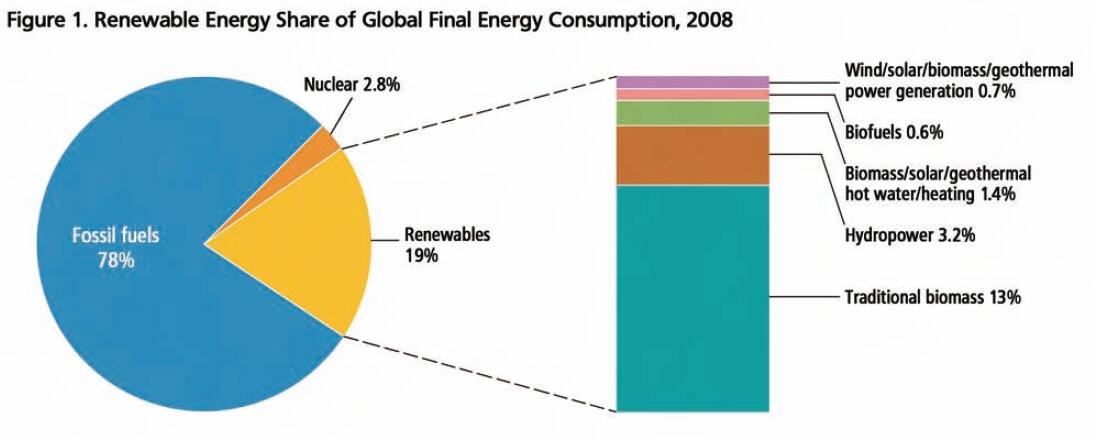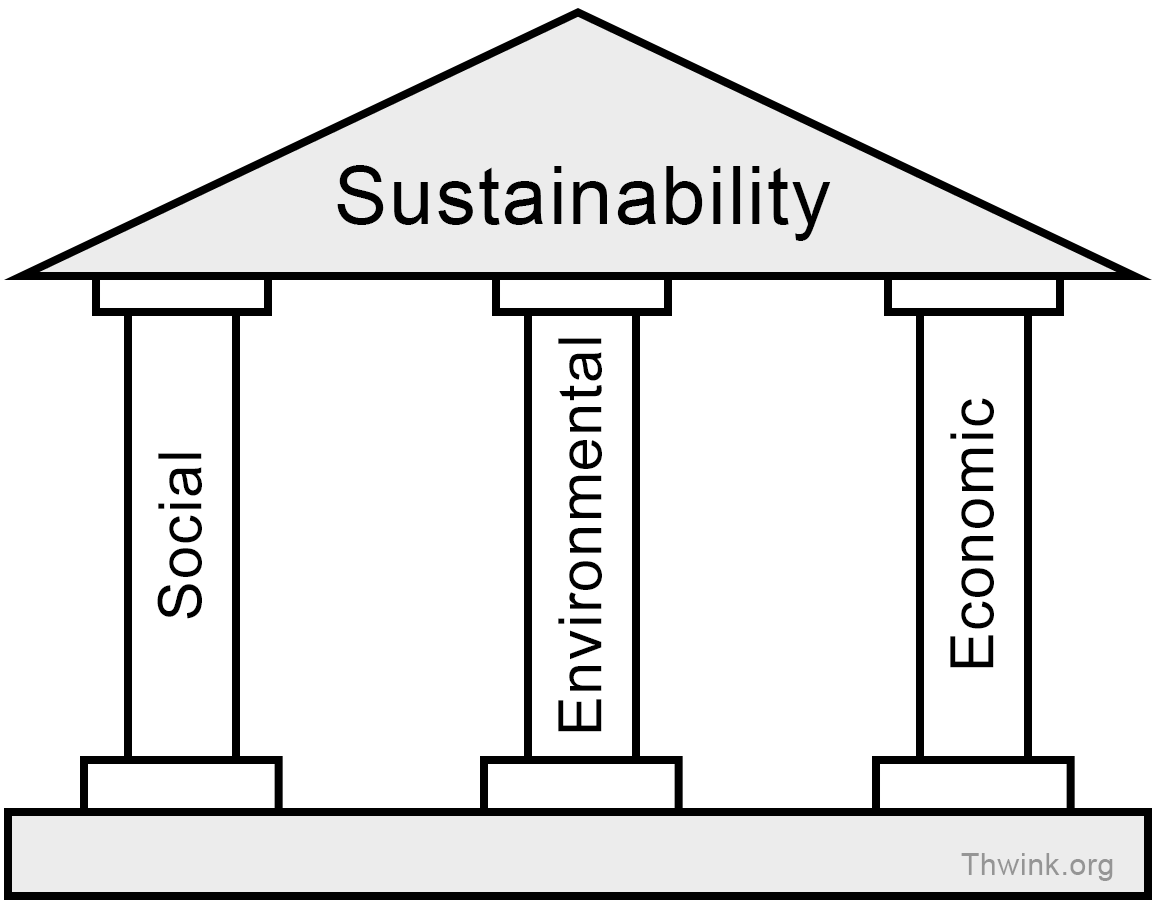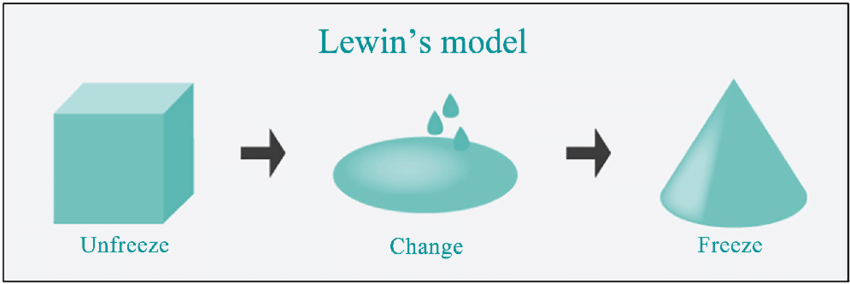- Introduction
- Ways Companies Can Adopt the Various Aspects of Renewable Energy
- How Energy Efficiency Affects its Approach to Sustainability
- Importance Renewable Energy to the Organization
- Strategies the Company Should Adopt in Implementing Renewable Energy
- Industry Best Practices
- Conclusion and Recommendation
- References
Introduction
Etihad Airways is one of the largest airlines in the United Arab Emirates. Founded in 2003 with its headquarters in Khalifa City, Abu Dhabi, this company has registered impressive growth over the years and it is currently one of the dominant players in the aviation industry (Grand, 2017). The aviation industry is highly competitive and the firm has been keen on ensuring that it lowers its cost of operation while offering the best value to its customers as a way of remaining sustainable in the volatile market. According to Cook and Billig (2017), one of the biggest concerns to aviation companies is the fluctuating cost of jet fuel. A significant percentage of the expenses of these companies go to fuel. As such, stakeholders in the aviation sector have been working on ways of reducing the cost of energy as a way of lowering their overall cost.
Etihad Airways can increase its profitability without compromising on the quality of its products by embracing the renewable energy. According to Boer (2017), although the current level of technology does not allow planes to fly on renewable energy, scientists are making advanced steps that would enable planes to use a combination of renewable energy and the traditional jet fuels (Kaltschmitt & Neuling, 2018).
This company should be at the forefront in introducing this form of energy in its planes when it becomes available. In the meantime, renewable energy sources such as solar, wind, hydropower, and bio-fuels can be used in the offices of this company to reduce reliance on fossil fuel and cut down the cost of operation. In this paper, the focus is to discuss reasons for and how Etihad Airways can embrace renewable energy in its operations.
Ways Companies Can Adopt the Various Aspects of Renewable Energy
The aviation sector is growing rapidly, but the high cost of fuel remains one of the biggest challenges that these companies face. As Blockley (2016) observes, these companies mainly rely on fossil fuel for their operations. It is important to note that heavy reliance on fossil fuel is also witnessed in other industries around the world. Figure 1 below shows that fossil fuel accounts for an overwhelming 78% share of the total energy used around the world. Renewable energy only accounts for 19% while nuclear energy accounts for just 2%. Fossil fuel is not only expensive to the aviation sector but it is also responsible for the emission of greenhouse gases. According to Kelemen (2014), environmentalists have been critical of the aviation sector because of the amount of carbon that airlines emit to the atmosphere. As such, any effort, that Etihad Airways and other airlines would be appreciated.

Companies can adopt various aspects of renewable energy in various ways. As they wait for technological advancements that would make it possible to use renewable energy instead of jet fuel, they can start by embracing its use within their premises. Solar energy is one of the most reliable energy sources in regions that receive regular sunlight (Nelson & Reddy, 2017). The United Arab Emirates enjoys several months of sunlight every year, which means that they can use this energy source to power their office operations. Instead of relying on the hydroelectric power that has to be paid, they can install solar panels in strategic locations to generate their own renewable energy.
This form of energy can be used in heating, lighting, and operating machines within its offices. The firm can also consider using wind energy. Although the initial investment may be relatively high, this form of energy is very reliable because of the strong winds common in the country. Figure 2 below shows the image of the two very viable options of renewable energy that companies in the aviation sector can embrace, especially those operating in the United Arab Emirates.

How Energy Efficiency Affects its Approach to Sustainability
In a highly competitive industry such as the aviation sector, it is critical for firms to ensure that their operations are sustainable. Blockley (2016) argues that many airlines have been forced out of the market because of high cost of operation, competitiveness of the market, and the inability to understand customers’ need. In this case, Etihad Airways will improve the sustainability of its operations when it embraces the concept of sustainability. As shown in figure 3 below, any successful firm cannot afford to ignore the three pillars of sustainability. The first and central pillar is the environment. Successful firms must protect the environment within which they operate. Excessive pollution of the environment may render it unsustainable.
Kelemen (2014) explains that environmental agencies have put spirited fight against companies that pollute the environment. As such, the image of Etihad Airways may be tainted if it fails to protect the environment. Moreover, many countries are also coming up with policies that limit the amount of greenhouse gases that a company can emit within a specific period. These factors mean that airline companies must find ways of reducing their carbon emission to ensure that they remain sustainable in their operations. One of the best ways of achieving such an ambitious goal is to embrace renewable energy. The strategy will help in significantly lowering the amount of carbon dioxide that the firm emits into the atmosphere.
The second pillar of sustainability is the social aspect. As Boer (2017) explains, a firm should ensure that its operations do not have any negative consequences on people. Environmental degradation has become a social problem in the global society. According to Grand (2017), some of the respiratory diseases that affect many people around the world are caused by emission of poisonous gases, including carbon dioxide into the atmosphere.
In some cities such as Beijing, the level of air pollution is so high that young children and the elderly are sometimes not permitted to out of the house at specific hours of the day. A deliberate effort by this company to embrace renewable energy will show its commitment to eliminating such health concerns. It will demonstrate that it is not just focused on making profits but also serving people.
The third pillar of sustainability, which companies often take seriously, is profitability. Kelemen (2014) observes that the ability of a firm to ensure that its operations are sustainable depends on its profitability. The government of Abu Dhabi provided the initial capital used to start the company. Blockley (2016) notes that the business owner may be willing to provide the capital used to start operations within the market. However, such funding cannot continue indefinitely. It is expected that the firm will reach a point where its expenses are met with the revenues that the firm generates. The owner also expects to make profits from such operations.
Introducing renewable energy will help achieve this goal by lowering the cost of operations. Cost of electricity bills will be eliminated or significantly reduced if the company introduces the use of solar and wind energy in its offices. As the practice becomes common, the overall cost of operation will be reduced, and the firm will increase its profitability. It will gain a competitive edge over its rivals in the market.

Importance Renewable Energy to the Organization
Renewable energy is important to Etihad Airways in three main ways discussed above, which are socially, economically, and environmentally. Besides these three areas, renewable energy offers the firm an opportunity to make a successful entry into a future where planes will be using clean energy to sustain their operations. According to Kelemen (2014), although the manufacturers of aircraft engines such as General Electric and Rolls Royce mainly do this scientific research, it is necessary for individual airline companies to find ways in which they can ensure that their operation can evolve effectively under the new system.
According to Grand (2017), Virgin Atlantic, one of the largest private airline companies, has been investing in this areas of research to ensure that its operations can transform seamlessly to a new model when clean energy is introduced. Etihad Airways should consider making similar investments to enable it prepare adequately for the eminent change. Introducing solar and wind energy in its ground operations will help to its energy cost.
The savings that this company makes from such initiatives can help it fund research an innovation. Cook and Billig (2017) observe that in the aviation sector, innovation is a critical factor that helps companies to overcome stiff competition. Firms are developing new systems that can ensure that their clients are entertained. The introduction of music systems and screens that can be used by individual client was a major discovery that has transformed the sector.
Currently, almost every major airline company has the same entertainment system. To gain competitive edge over its rivals, Etihad Airways should use funds saved from the use of renewable energy to fund other projects that would enable it develop other systems that would make their products unique in the local and global markets. It focus should be to remain a step ahead of market competition in terms of the superiority of its products.
Strategies the Company Should Adopt in Implementing Renewable Energy
When introducing this new concept within the firm, it will be necessary for the management to identify effective strategies that would ensure that the intended goals are realized. One of the main issues that the management of Etihad Airways should be concerned about is possible resistance. Boer (2017) explains that when introducing a new system, it is normal to find a section of the stakeholders being uncomfortable with it.
They may feel that their positions within the firm will be threatened, especially when they do not have a proper understanding of the new concept. Renewable energy is not a new concept in the United Arab Emirates. Solar energy has been used for industrial and domestic purposes for decades. However, the use of fossil fuel gained massive popularity in the country, especially in the aviation sector, that many people still do not understand how it may be possible to use renewable energy. The shareholders will also want to be assured that the new system will not affect the firm’s profitability and its capacity to operate at a full potential. As such, it may be possible that there will be some form of resistance among a section of the stakeholders.
Kurt Lewin’s change model offers an effective strategy that the management of Etihad Airways can use to overcome such possible resistance. It provides three stages that a firm should use to introduce change in an organization, as shown in figure 4 below. The first step is to unfreeze, where the management of this company will be expected to prepare all the stakeholders for the change. At this stage, it is necessary to explain to the employees and shareholders why it is necessary to introduce renewable energy in the firm’s operation. Shareholders will be convinced about the need for the project when they are informed that it will lower the overall cost of operations.
Employees will have a positive attitude towards the new concept if they are assured that operations at the firm will be improved. They need to be informed that introducing alternative energy sources will eliminate cases of power outage in their offices. Kelemen (2014) emphasizes the need to assure employees of their current positions even after introducing change. Some people tend to oppose change because of the fear that they may be eliminated from the firm. Such assurance will ensure that they feel comfortable with the new system. The unfreezing stage helps eliminate any possible resistance to change. The support of these stakeholders is critical in the successful implementation of renewable energy at the company.
The second stage involves the actual introduction of change. The management, working closely with renewable energy companies and experts, should install the necessary infrastructure needed for the production and supply of the energy. It will involve installation of relevant solar panels and wind turbines needed to generate energy. The team will then be expected to integrate the various sources of energy to ensure that Etihad Airways’ premises are properly supplied with energy.
It will be necessary to ensure that if the energy produced by the renewable sources is not adequate to support ground operations, then it should be supplemented with hydroelectric power supplied by the government. Employees of this company should be actively involved at this stage because they will be expected to operate the new system after installation.
The third and final stage is to freeze. It involves ensuring that all the stakeholders understand the value of the new system and those employees can effectively work without facing any challenges. Some form of training may be necessary.
To cut on the cost of training the current employees, the management of Etihad Airways may consider hiring experts in this sector. Grand (2017) notes that an alternative strategy may be to contract the services of renewable energy firms to avoid the stress of training employees about a concept they do not understand. The management can conduct a comparative analysis to ensure that approach that would be most effective and least costly between hiring its own employees and contracting services of other companies. This strategy will ensure that the company introduces the new concept in a seamless manner and without any significant resistance.

Industry Best Practices
When operating in a highly competitive market, Kelemen (2014) argues that it helps to embrace industry best practices. When industry leaders introduce concepts, which are proving popular with customers, or helping to lower the overall cost of operation, it would be necessary to embrace it within the shortest period possible. Renewable energy is gaining popularity in the aviation sector and it is becoming one of the best practices in the industry. As airlines wait for the time when planes will be capable of fully relying on renewable energy, many large airlines are using solar and wind energy to facilitate their ground operations. In the United States, Reagan National Airport in Washington, DC has successfully introduced the use of renewable energy as a way of lowering cost of operation and reducing carbon footprint.
In Europe, Germany, France, and the United Kingdom are some of the countries with advanced systems of renewable energy. Many airports are embracing this firm of energy and airlines are finding it effective in lowering their cost of operations and improving efficiency (Karakoc et al., 2016). Locally in the United Arab Emirates, Etihad Airways will need to work closely with the management of Abu Dhabi International Airport to ensure that they introduce the use of alternative energy sources.
The close coordination between the airline and the authority mandated with the management of the airport is necessary because of the nature of work involved. The airline may need the approval of the authority to install solar panels at strategic locations to help generate electricity. Alternatively, the management of Abu Dhabi International Airport can take the initiative of installing the relevant infrastructure and producing the electric energy needed for the benefit of all its tenants. The company should remain sensitive to industry’s best practices.
Conclusion and Recommendation
Renewable energy is rapidly gaining popularity around the world as a cleaner alternative to fossil fuels. In the aviation sector, there is an effort to ensure that there is a shift from using fossil fuel to cleaner alternatives because of the need to fight global warming, often caused by massive emission of greenhouse gases. Etihad Airways needs to align itself with the eminent industry changes. It should be ready, when the time comes, to use renewable energy to run the engines of its planes.
In the meantime, the firm should introduce the use of solar, wind, and bio-fuel in its ground operations. The discussion shows that these clean energy sources will have positive social, economic, and environmental benefits for the firm. It will strengthen its brand in a global market where customers are getting increasingly concerned about carbon emission and how large companies can fight it. It will lower the overall cost of operation at the firm. The management of this airline should consider the following recommendations to ensure that it successfully introduces the use of renewable energy sources in its operations:
- The management of Etihad Airways should work closely with the management of Abu Dhabi International Airport to determine the best way of installing relevant renewable energy infrastructure.
- Etihad Airways will need to take its employees through some form of training to ensure that they can work efficiently under the new system.
- The company should invest in research and development of renewable energy to ensure that its operations can evolve based on the emerging trends.
References
Blockley, R. (2016). Green aviation. Hoboken, NJ: Wiley.
Boer, E. R. (2017). Strategy in airline loyalty: Frequent flyer programs. Cham, Switzerland: Palgrave Macmillan.
Cook, G. N., & Billig, B. (2017). Airline operations and management: A management textbook. New York, NY: Routledge.
Grand, K. (2017). How to become a flight attendant for airlines in the Middle East. Dubai, United Arab Emirates: Flight Attendant Central.
Kaltschmitt, M., & Neuling, U. (2018). Biokerosene: Status and prospects. Berlin, Germany: Springer.
Karakoc, T. H., Ozerdem, M. B., Sogut, M. Z., Colpan, C. O., Altuntas, O., & Açikkalp, E. (2016). Sustainable aviation: Energy and environmental issues. Cham, Switzerland: Springer International Publishing.
Kelemen, R. D. (2014). Lessons from Europe: What Americans can learn from European public policies. Washington, DC: SAGE Publications.
Nelson, E. S., & Reddy, D. R. (2017). Green aviation: Reduction of environmental impact through aircraft technology and alternative fuels. London, United Kingdom: CRC Press.